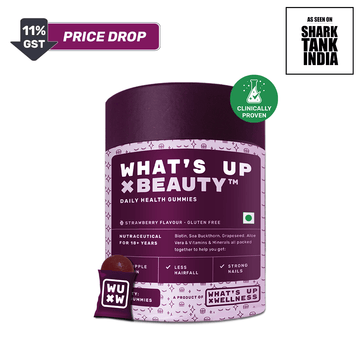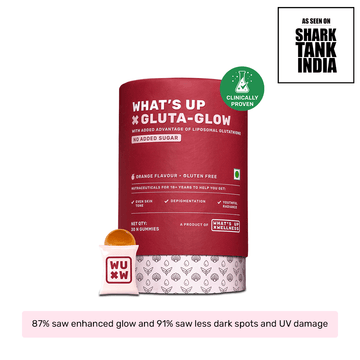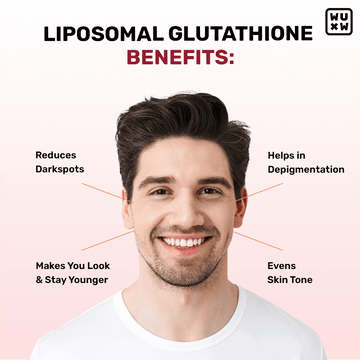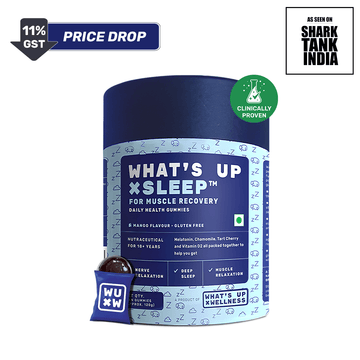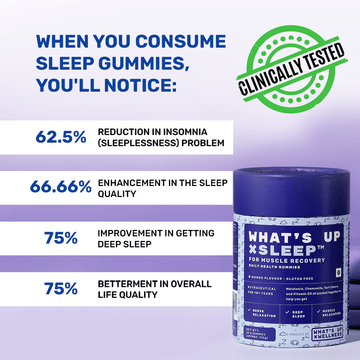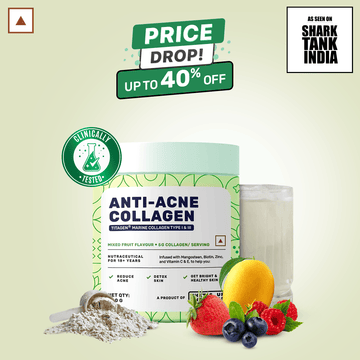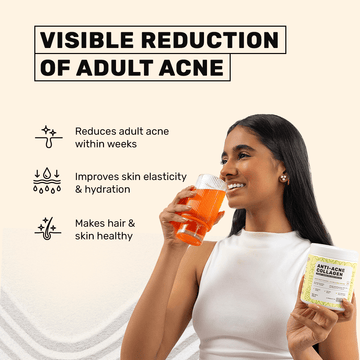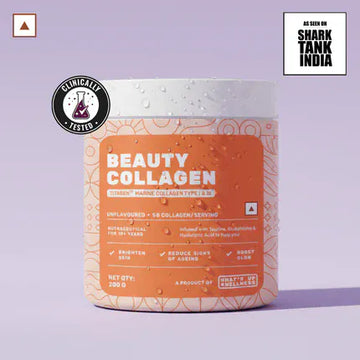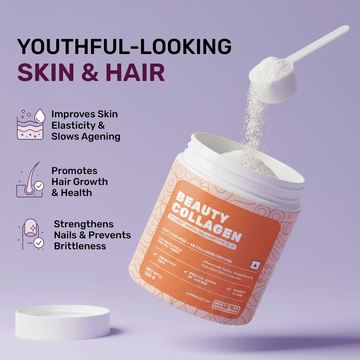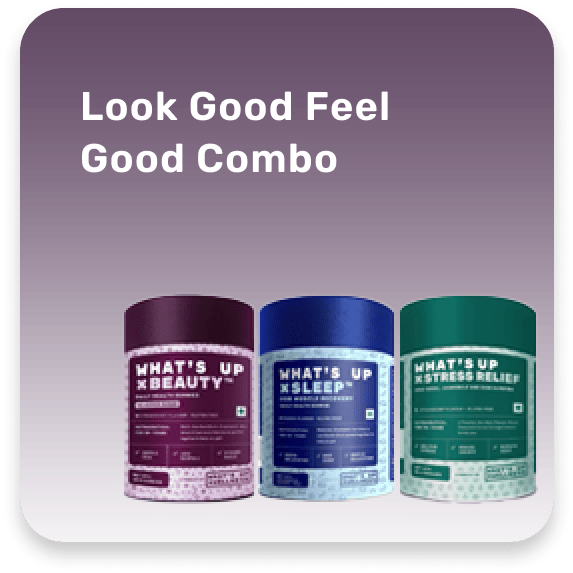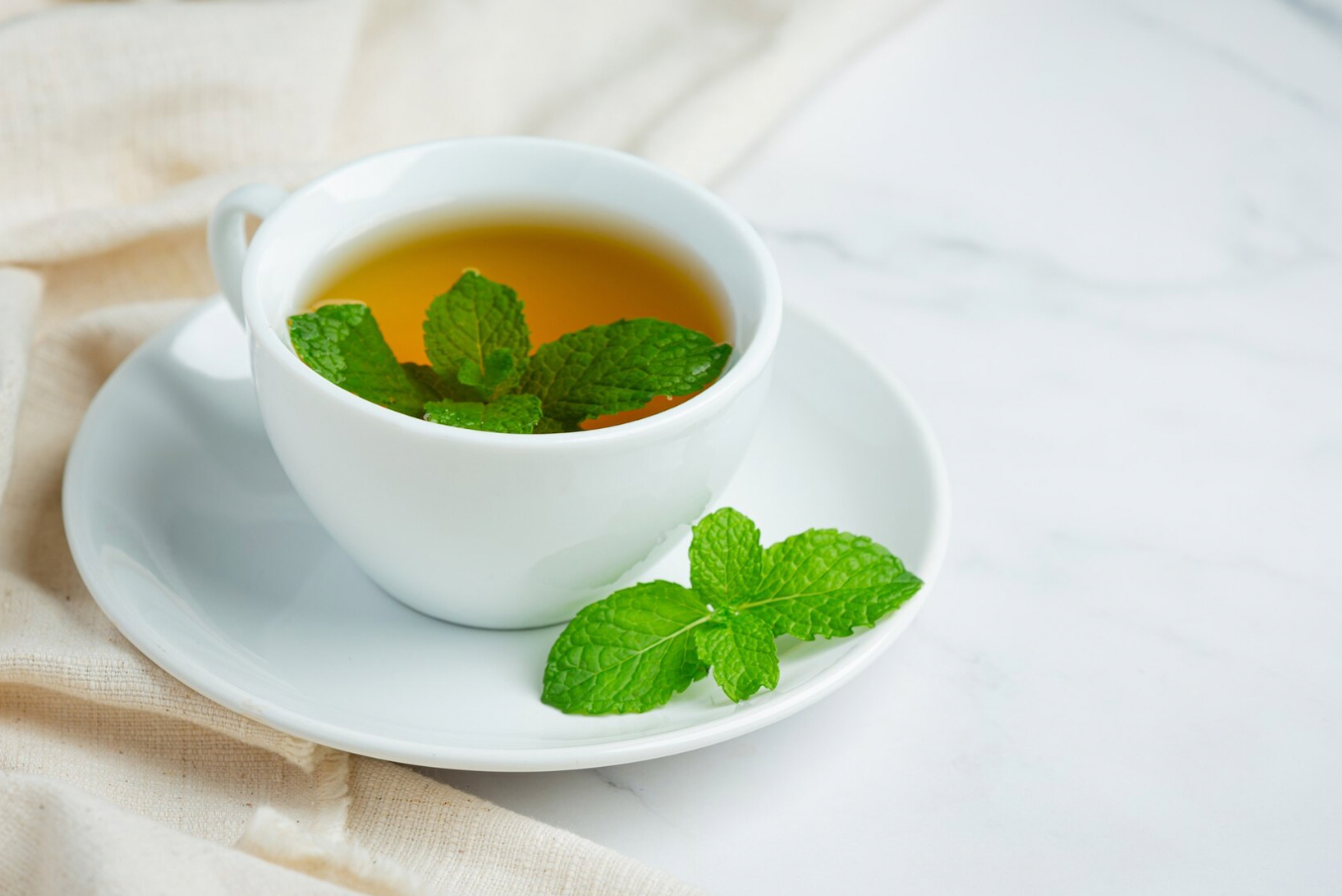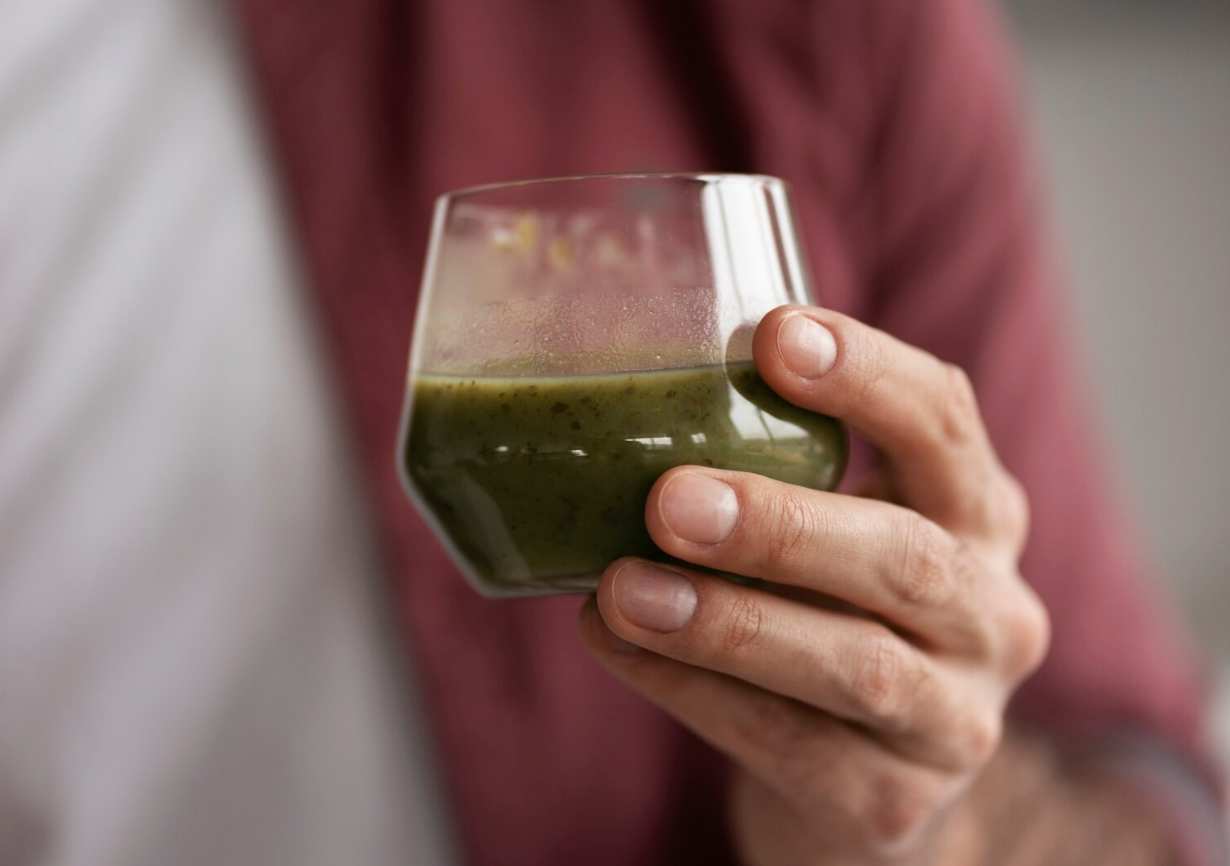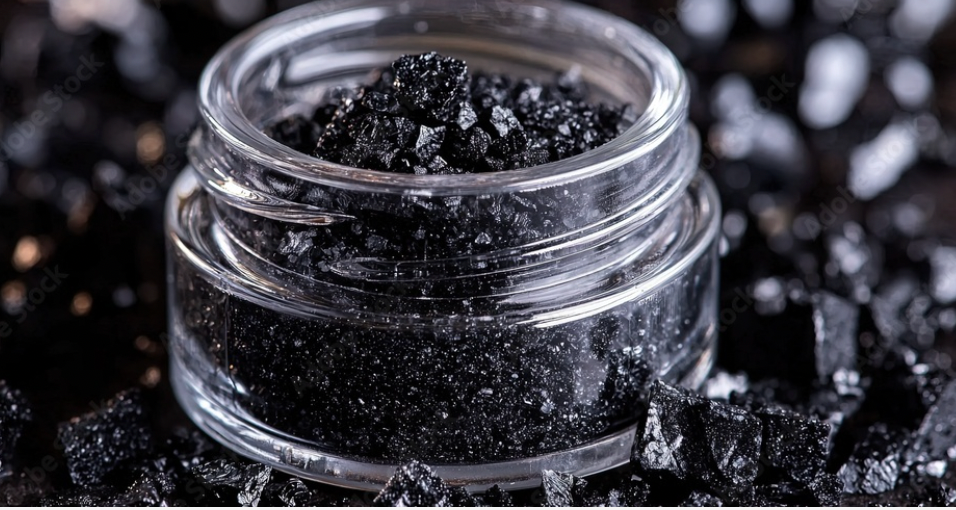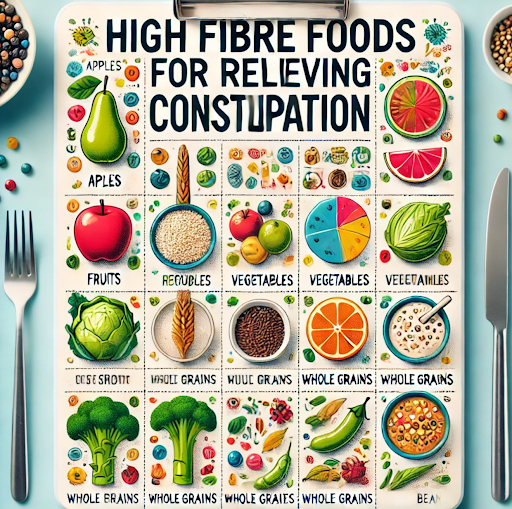Top 10 Remedies for Bloating
Bloating is the feeling of being full or tight in the stomach. Natural remedies can help you reduce the symptoms of bloating and you probably have a lot of the ingredients lying around your home. If you’re experiencing bloating — read this: a guide to the top 10 remedies for bloating that will help improve digestion, get rid of gas, and promote gut health.
1. Peppermint Tea
- Why it Works: It’s also peppermint (menthol) – menthol relaxes the digestive tract muscles and aids gas going through more easily thus making bloating and discomfort less.
- How to Use: If you don’t have a medicine cabinet in your kitchen, you can steep fresh peppermint leaves or a tea bag in hot water for 5-10 minutes and drink after meals to soothe the stomach.
2. Ginger Root
- Why it Works: Phytochemicals in ginger such as gingerols and shogaols aid digestion, reduce inflammation, and block the build-up of gas.
- How to Use: To make ginger tea, grate a small piece of fresh ginger into hot water; use fresh ginger in your meals. Or, chew on a sliced piece of ginger root an hour or two before each meal.
3. Apple Cider Vinegar (ACV)
- Why it Works: ACV helps stimulate stomach acid production, improving digestion and preventing gas buildup.
- How to Use: Mix 1 tablespoon of ACV in a glass of water and drink it before meals. You can add a little honey for flavor if needed.
4. Fennel Seeds
- Why it Works: Fennel seeds contain compounds that relax the muscles in the digestive tract and help relieve gas and bloating.
- How to Use: Chew a teaspoon of fennel seeds after meals, or make fennel tea by steeping a teaspoon of seeds in hot water for 5-10 minutes.
5. Chamomile Tea
- Why it Works: Chamomile has anti-inflammatory and antispasmodic properties, helping to relax the digestive muscles and reduce bloating and discomfort.
- How to Use: Steep chamomile tea in hot water for 5-10 minutes. Drink a cup after meals or before bed for best results.
6. Activated Charcoal
- Why it Works: Activated charcoal traps gas-producing compounds, preventing them from causing bloating and discomfort.
- How to Use: Take activated charcoal capsules as directed on the package. Note: Check with a healthcare provider before using, especially if you’re on medications, as charcoal can absorb medications.
7. Probiotics
- Why it Works: Probiotics balance gut bacteria, which can help improve digestion, reduce gas, and alleviate bloating.
- How to Use: Incorporate probiotic-rich foods like yogurt, kefir, sauerkraut, or kombucha into your diet. Alternatively, consider a probiotic supplement, choosing one that suits your needs.
8. Warm Lemon Water
- Why it Works: Lemon juice stimulates bile production, which aids in digestion, while warm water helps flush out the digestive system.
- How to Use: Squeeze half a lemon into a cup of warm water and drink it first thing in the morning or before meals.
9. Papaya and Pineapple
- Why it Works: These fruits contain digestive enzymes—papain in papaya and bromelain in pineapple—that help break down protein and ease digestion.
- How to Use: Add fresh papaya or pineapple to your diet, especially after meals, to help reduce bloating naturally.
10. Cumin Seeds
- Why it Works: Cumin aids digestion by stimulating bile production and reducing gas formation in the intestines.
- How to Use: You can add cumin seeds to your meals or make cumin tea by steeping a teaspoon of seeds in hot water for 5-10 minutes.
Additional Tips to Prevent Bloating
- Eat Slowly: Eating too fast can lead to swallowing air, which can cause bloating.
- Avoid Carbonated Drinks: Carbonated beverages contain gas that can contribute to bloating.
- Limit High-Fiber Foods Gradually: Fiber is beneficial, but introducing it too quickly can lead to gas and bloating.
- Stay Hydrated: Water helps flush out toxins and keeps the digestive system moving smoothly.
- Exercise Regularly: Physical activity stimulates digestion and helps reduce bloating.
Conclusion
Incorporating these natural remedies into your routine can help manage and reduce bloating. Everyone’s digestive system is different, so you may need to try a few remedies to see what works best for you. Maintaining a balanced diet, staying active, and being mindful of your eating habits can also help keep bloating at bay and promote better gut health overall.



























































